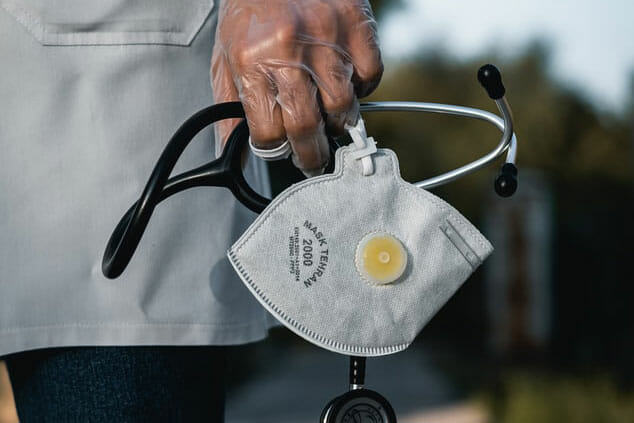Part 36 offers are common practice in negligence claims. They are a fantastic tool to settle claims without the need to go to court. So, the recent judgment in Essex County Council v UBB Waste (Essex) Limited (No 3) [2020] EWHC 2387 (TCC) is particularly interesting as it challenges the validity of a Part 36 offer. It serves as a useful reminder of the rules regarding the ‘relevant period’ set out in Part 36 offers.
Defendant challenges Part 36 Offer
The Claimant made the Defendant an offer of settlement in March 2019. They stated it was a Part 36 offer. The Defendant, however, argued that the offer’s ‘relevant period’ was defective. They, therefore, claimed that the offer was not a valid Part 36 offer.
Rule 36.5(1)(c) provides that a Part 36 offer “…must specify a period of not less than 21 days within which the defendant will be liable for the claimant’s costs in accordance with Rule 36.13 or 36.20 if the offer is accepted.” This is known as the offer’s ‘relevant period’.
The Claimant’s offer letter, dated 7 March 2019, stated that:
“If the Defendant accepts the offer within 21 days of the date of this letter (the ‘Relevant Period’), the Defendant will be liable for the Claimant’s costs of the Proceedings (including pre-action costs) up to the date on which written notice of acceptance of this Offer is received by the Claimant, in accordance with CPR 36.13.”
The Claimant sent the offer by email to the Defendant on 7 March 2019, but after 16:30 hours. So, in accordance with Rule 6.26; they effectively served the offer on the Defendant the next business day, which was 8 March 2019.
The Defendant argued that the offer stated that the 21 days of the relevant period ran from the date of the letter (i.e. 7 March 2019). However, as the offer had been made the following day (on 8 March 2019), the Defendant claimed that a relevant period of at least 21 days was not specified.
The Court’s approach and decision
The Court considered the clause in the Claimant’s offer letter relating to the relevant period. They concluded that it “could feasibly and reasonably” be interpreted in either of two ways:
- The clause could mean that the 21 days ran from the date of the letter (i.e. from 7 March 2019). If so, the Court held, “… a mistake was made and the offer did not comply with r.36.5(1)(c)”.
- Alternatively, the clause meant the 21 days ran from the date on which the offer was made. This was 8 March 2019. If so, the offer would be compliant with Part 36.
The Court also considered the context in which the offer was made. The Court held that there could be “no doubt” that the Claimant intended their letter to be a Part 36 offer and that “a reasonable person having all the background knowledge available to the parties would know that…” the letter intended to be a Part 36 offer; that Part 36 offers must specify a relevant period of not less than 21 days; and that the statement in the letter regarding the relevant period was intended to comply with this particular rule.
Even though the Claimant had stated that the 21 days was from the date of their letter it was decided that this clause actually meant that the 21 days of the relevant period ran from the date on which the offer was made (i.e. from 8 March 2019). Therefore, the Claimant’s offer was a valid Part 36 offer.
Two other points
The Claimant also argued that if the Court found that their offer did not comply with Part 36, any non-compliance was minor and had not misled anyone. So, the Court should treat it as a Part 36 offer. The Court rejected this argument. They held that if an offer fails to comply with one or more of the mandatory requirements in Rule 36.5, then the offer cannot be treated as if it is a Part 36 offer.
In the offer letter, the Claimant had also stated that if the Defendant considered the offer as defective, or not compliant with Part 36, then they were to notify the Claimant by return and in any event within 7 days of the date of the letter. The Claimant further stated that any failure to provide this notification would prevent the Defendant from later attempting to avoid the costs consequences of Part 36. The Defendant did not dispute the validity of the offer within the required 7 days. Furthermore, when they wrote to the Claimant, they referred to the offer as a Part 36 offer. In reliance on these points, the Claimant argued that the Defendant should be ‘estopped’ from relying on any potential defects in the offer. The Court had also rejected these arguments.
To conclude
To avoid challenges with Part 36 offers, it makes sense to always use the form N242A when making the offer.
Article written by Jonathan Gray, Solicitor at Pryers





